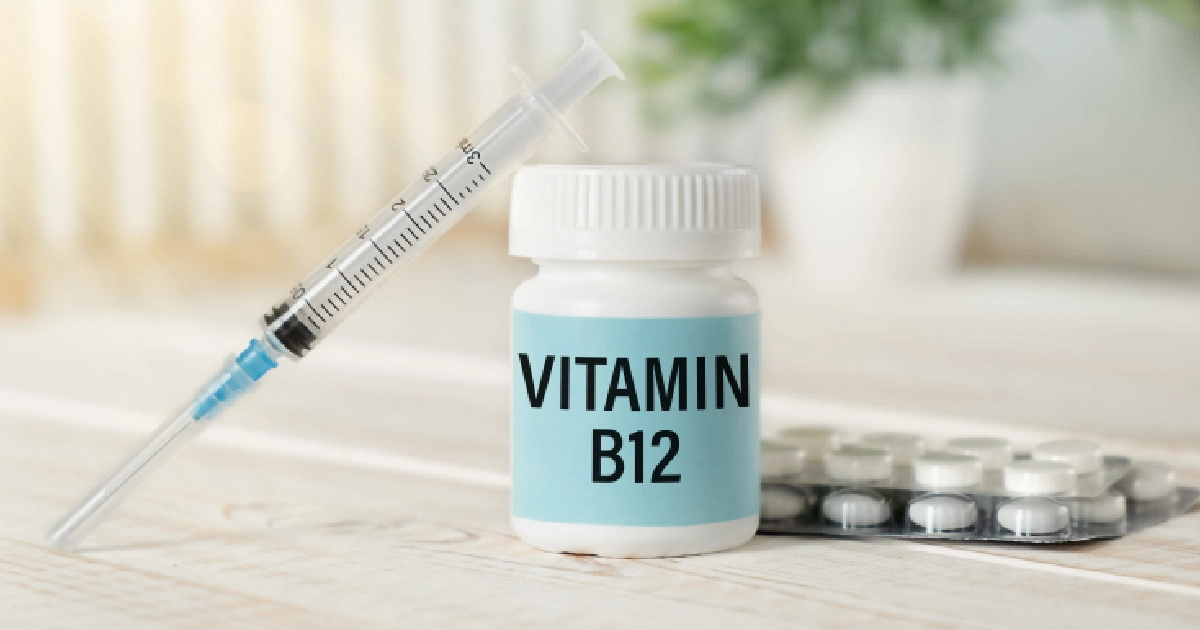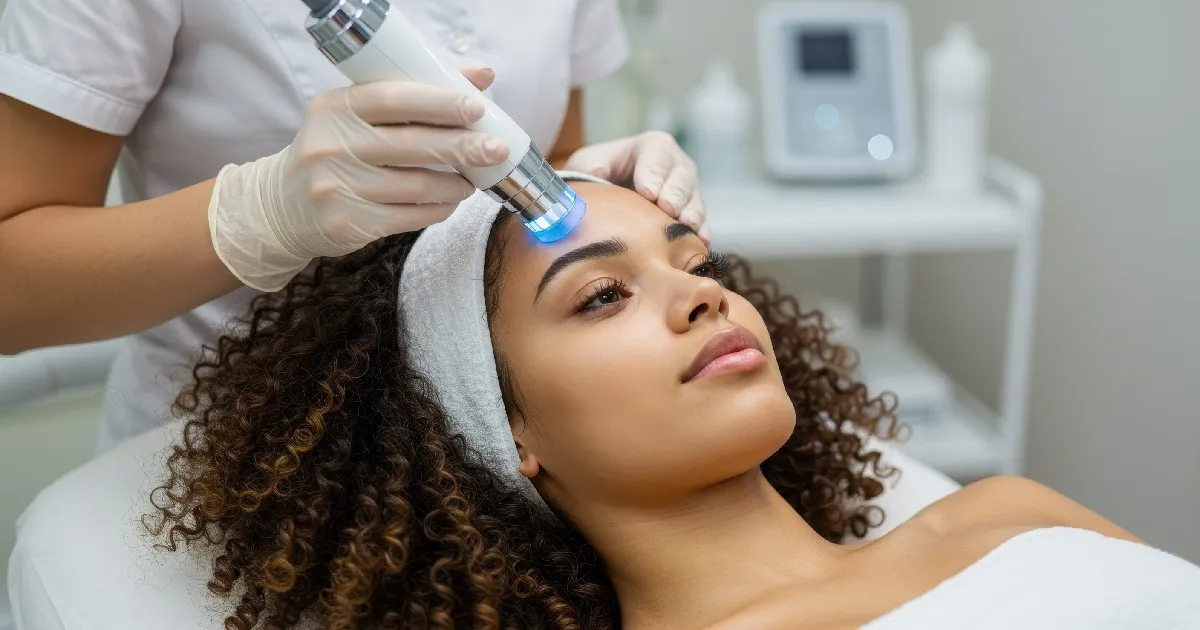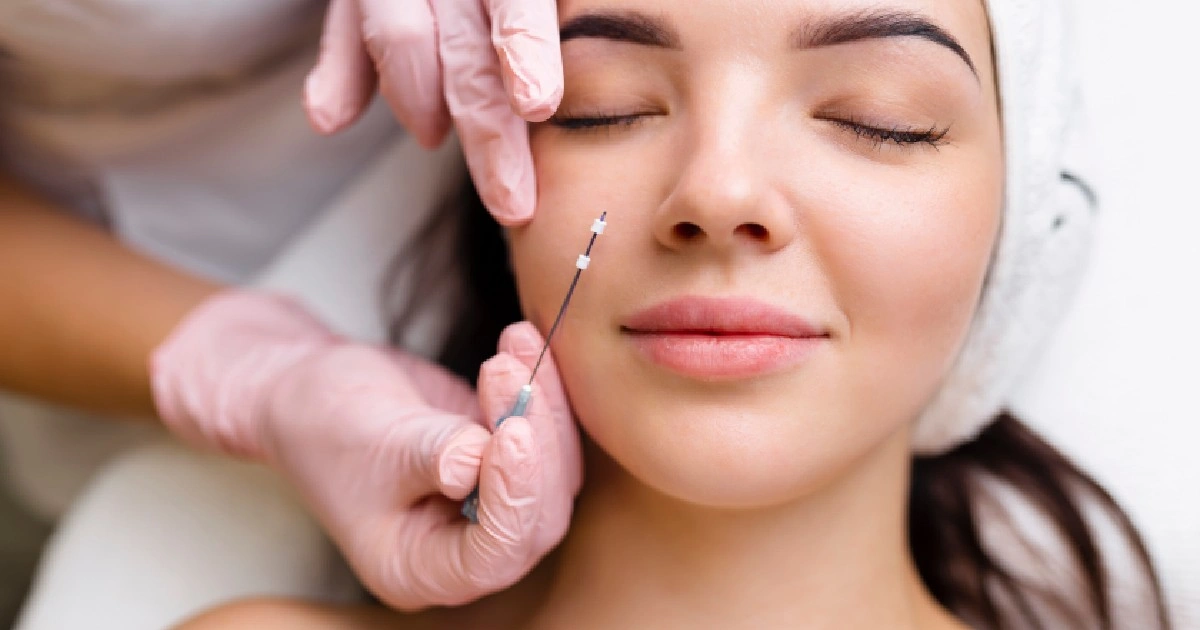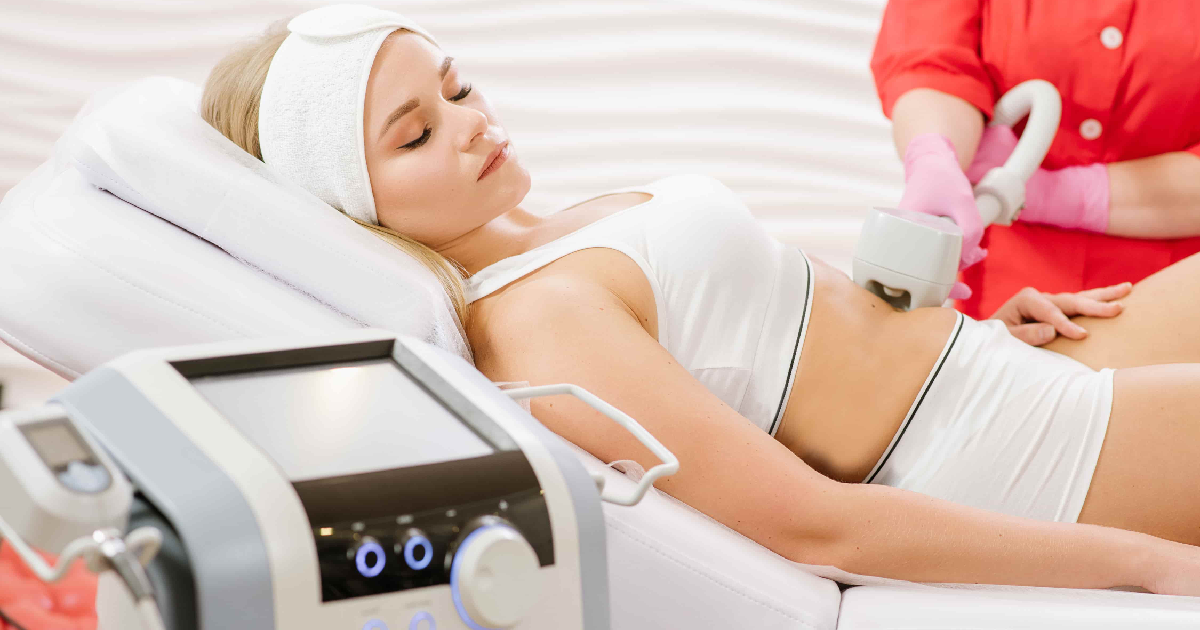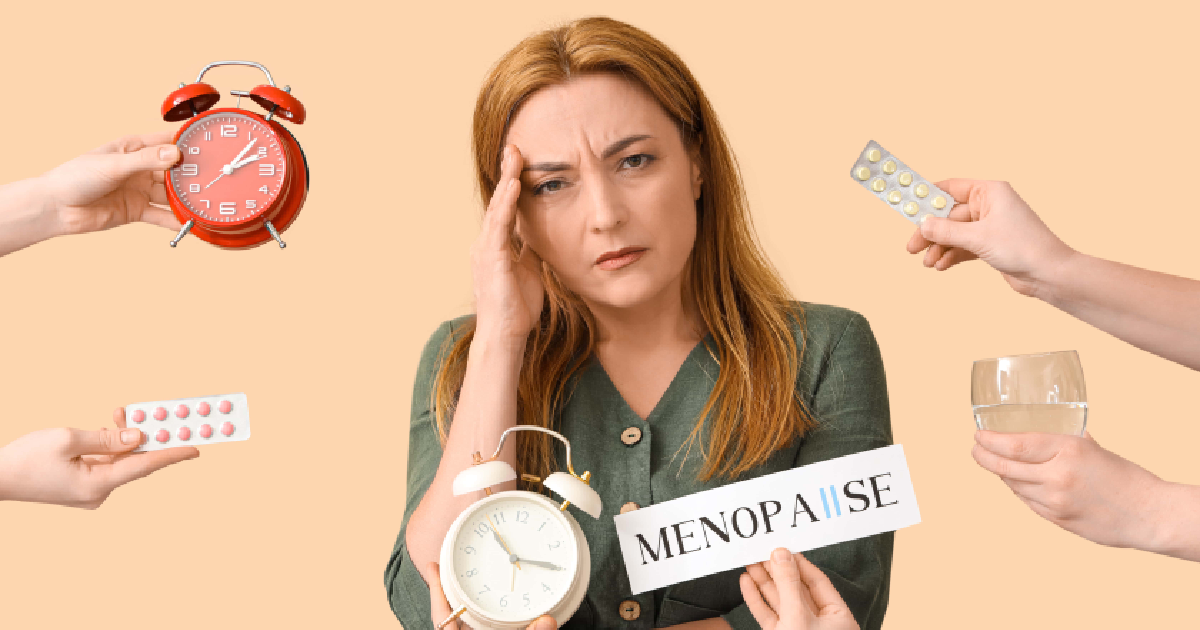A healthy diet, hydration with water, good hygiene, and cleaning routines can be very helpful in the prevention of acne. Probiotics can also be helpful by increasing the number of beneficial bacteria in the gut and thereby establishing the well-needed bacterial balance. There are thousands of acne tips online, but not all of them come highly recommended.
The treatments for acne range from over the counter (OTC) remedies to prescription drugs. Many OTC treatments have very few active ingredients or can be too harsh for the skin. Here are a few proven medical treatments that are effective for bacterial acne. Fungal or yeast acne is less common and treatments can range from olive oil to Selsun Blue medicated (ketaconazole 2%) shampoo to a combination of products mentioned below.
Our guide is designed to help give you the latest and greatest acne tips.
Benzoyl Peroxide 10%
Benzoyl peroxide is one of the key ingredients used to treat mild to moderate acne. By killing bacteria, instead of just slowing it down, benzoyl peroxide is very good at helping manage breakouts by reducing the number of bacteria and drying out the skin. In skin cleansers, it works to prevent pimples before they form, as opposed to spot-treating them once they form.
Glycolic Acid 5-10%/Salicylic Acid 2%
Glycolic acid is an alpha hydroxy acid (AHA) that helps exfoliate your skin’s top layers and help open the clogged hair follicles revealing the outermost layer of brighter, fresher skin.
Salicylic acid is a beta-hydroxy acid (BHA) that crystallizes to a small size to get into pores and gently unclog them by removing excess oil, grime, and dead skin cells. By exfoliating the buildup away, it can improve overall skin texture and prevent white and blackheads. When you use salicylic acid, it can also make your skin appear smoother.
Antibiotics
Topical or oral antibiotics like clindamycin topically or oral tetracycline or minocycline can help treat the underlying bacterial causes of acne. These along with benzoyl peroxide and AHA/BHA cleansers would be the first-line options for the treatment of acne.
Oil-Free Moisturizer
Using a moisturizer every day can help your skin tolerate these medications. A moisturizer can also be helpful any time your skin feels dry, such as during the winter. When your skin becomes dry, your body makes more oil. The extra oil can clog your pores, which may lead to more breakouts.
Non-Comedogenic Products
Non-comedogenic is a fancy word that means not likely to cause comedones (or pore blockages). It’s mainly used to describe skincare products and cosmetics. A product labeled non-comedogenic does not contain ingredients that are known to clog the pores.
Birth Control Pills
Birth control pills can help regulate hormonal changes in teenage girls. The majority of birth control pills use Ethinylestradiol as the estrogen ingredient. Since birth control pills reduce the amount of testosterone within the body, they often improve hormonal-based acne breakouts. These medications can be used in combination with skincare routines to help prevent acne episodes.
Retinol and Retinoids
Retinoids are topical Vitamin A derivatives that help regulate cell skin turnover and stimulate the production of collagen. Continued use of retinoids can help straighten out tortuous oil glands, unclogging pores thus helping them be less congested. This allows other medications to work better. By clearing acne and reducing outbreaks, retinoids may reduce the formation of acne scars.
Isotretinoin
Isotretinoin is one of the most efficacious treatments for severe acne. Severe cystic acne can be difficult to handle so if other therapies do not clear the skin, oral isotretinoin (Accutane) could be an alternative. Isotretinoin therapy also results in extended acne clearance which may be permanent for some patients. Accutane represents a source of vitamin A. This reduces the amount of oil released to your skin by oil glands and allows your skin to regenerate itself faster. Accutane is for the prevention of extreme nodular acne. It is usually given if all other options for the treatment of acne have been used without effect.
Acne Tips
All of these treatments have side effects (most commonly dryness and redness) so overuse is not recommended. Talking to an educated skincare specialist or physician can help improve acne and prevent it from occurring right from the start! There are many skincare products that don’t have high quality, effective or potent ingredients so know what products you are using for your best, acne-free face!
Click here to learn more about our Medspa services. Comment below and let us know if you have any acne tips that you swear by!



